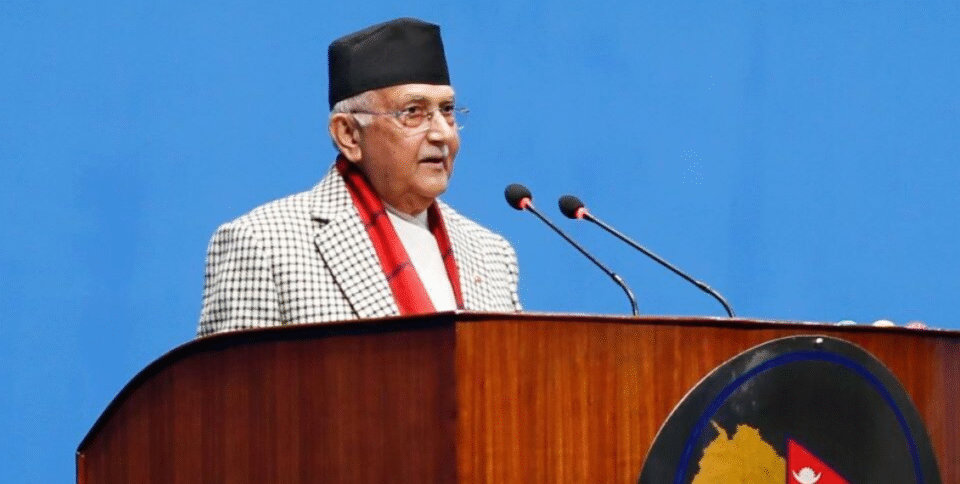The decision was announced following a meeting of the JSP-N parliamentary party. Party lawmaker Prakash Adhikari said the move stemmed from the government’s “continued neglect” of JSP-N’s concerns, including unfulfilled promises on constitutional amendments, disregard for policy proposals, and failure to curb corruption and inflation. “The government hasn’t delivered, and continuing to offer our support without results no longer makes sense,” Adhikari told reporters, accusing the Oli administration of using JSP-N’s backing without addressing any of their agenda.
The withdrawal dramatically alters the arithmetic in the 59-member National Assembly, where the ruling alliance’s strength has dropped from 31 to 28 seats. The opposition bloc now holds a slim majority with 30 members.
Current seat distribution in the Upper House:
- Ruling alliance: Nepali Congress (16), CPN-UML (10), Loktantrik Samajwadi Party (1), one nominated member = 28
- Opposition: Maoist Centre (17), CPN (Unified Socialist) (8), JSP-N (3), one nominated, Janamorcha (1) = 30
While the government still holds a majority in the House of Representatives, the loss of upper house support could seriously hinder its legislative agenda. Notably, JSP-N was never a formal coalition partner, meaning Prime Minister Oli is not constitutionally required to seek a vote of confidence, as per Article 100(2) of Nepal’s Constitution.
JSP-N had earlier expressed dissatisfaction over a controversial land ordinance and other governance failures. Despite this, the ruling bloc made little effort to address the party’s concerns, leading to the eventual split.

